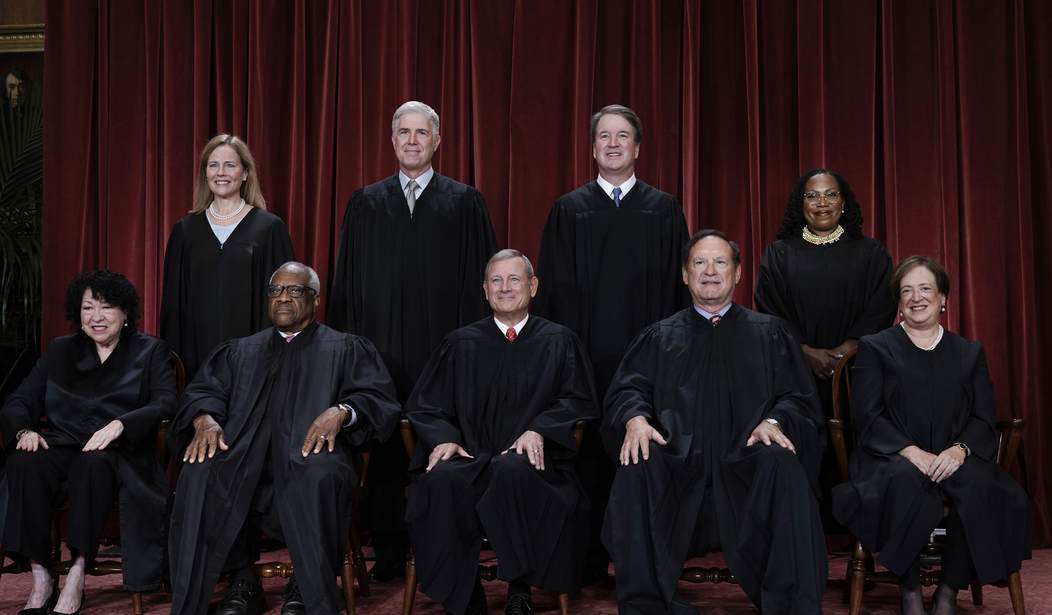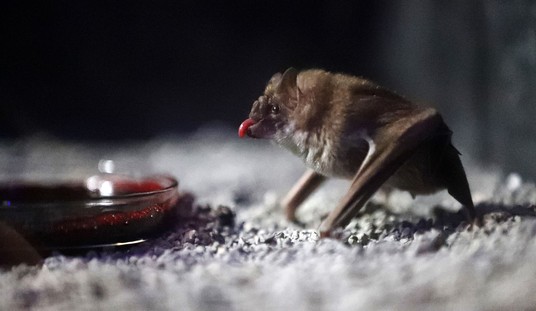This could be a major indicator of things to come. Last year, Idaho passed a law banning transgender genital mutilation surgery for children, along with the prescription of puberty blockers and cross-sex hormones. The law was immediately challenged by the parents of two minors, known in court records only as Pam Poe and Jane Doe. Both have been receiving hormone injections and one has been prescribed puberty blockers. The law was put on hold awaiting a decision from the U.S. Circuit Court of Appeals, but Idaho filed an emergency request with the U.S. Supreme Court to allow the law to go into effect. Last night, SCOTUS ruled in favor of Idaho, allowing the law to go into effect, but not allowing it to apply to the plaintiffs until the lower courts have ruled.
The United States Supreme Court on Monday allowed Idaho to enforce its statewide ban on puberty-blocking drugs, hormone therapy, and sex-change surgeries for minors. The Court, in a 6–3 decision, ruled that the 2023 law may go into effect, though the state cannot apply it to the two plaintiffs who challenged the legislation.
The Court granted Idaho’s emergency request after U.S. District Court Judge B. Lynn Winmill ruled that the state’s government could not enforce the law during ongoing litigation and argued that the measure likely violates what she saw as parents’ rights to decide the medical treatment their children receive. The Idaho state government has appealed the December ruling to the U.S. Circuit Court of Appeals, but that body has yet to rule on the matter.
The Idaho attorney general, Raul Labrador (R), who previously represented the state’s first congressional district and later served as chairman of the Idaho Republican Party, argued that Winmill’s preliminary injunction should have focused only on the two plaintiffs and that the district court judged overreached in blocking the law in its entirety before it could take effect.
It's clearly too early for anyone to get their hopes up (or down) at this point, but the initial ruling strikes a positive tone. The specific case in question is focused on the two minors who are affected. It makes sense that the Supremes would allow that process to play out in its entirety. But the larger ruling deals with Idaho's new law, applying to the entire state. The fact that the court was willing to allow the law to go into effect suggests that it might eventually be found to be constitutionally sound. Since nearly identical legislation is either in place or pending in roughly half of the states, it would be an important precedent to have in place since all of them are being similarly challenged by trans advocates.
The limited nature of the ruling fails to take into account the question of the legality of bans on genital mutilation surgery for children. That's because neither of the plaintiffs has been scheduled for that procedure at this point. But the Idaho law also bans those types of surgery for children. Since the court allowed it to go into effect for the time being, we might be able to assume that they will allow similar bans in other states.
It's worth noting that, unlike some recent and perhaps surprising large majority decisions at the Supreme Court, this one reverted to the usual 6-3 split along partisan lines. Ketanji Brown Jackson, Elena Kagan, and Sonia Sotomayor all voted against the ruling, writing that the decision was "too broad" and should only have been applied to the two plaintiffs. While not a clear indication of their broader views, it suggests that the three Democrat-appointed justices might find pediatric trans medical bans unconstitutional.
As much as I hate to admit it, there probably is a basis for such a conclusion if they consider nothing but privacy rights. Petitioners seeking to overturn these laws avoid the stickier, underlying questions about transgenderism in general by focusing on the right to have medical decisions remain between families and their medical providers. It's unclear to me how a broader case might be structured, but what we really need is for the court to weigh in on the underlying question posed by Matt Walsh and so many others. What is a woman? Are our courts expected to accept the idea that there are more than two genders despite millennia of medical research indicating the opposite? Even more to the point, can medical associations be held accountable for approving dangerous, experimental medical procedures that clearly result in irreversible harm to patients - particularly children - without facing consequences? We are wading into some complicated, muddy legal waters here, but this initial ruling dealing with Idaho's law may provide a glimmer of hope.







Join the conversation as a VIP Member